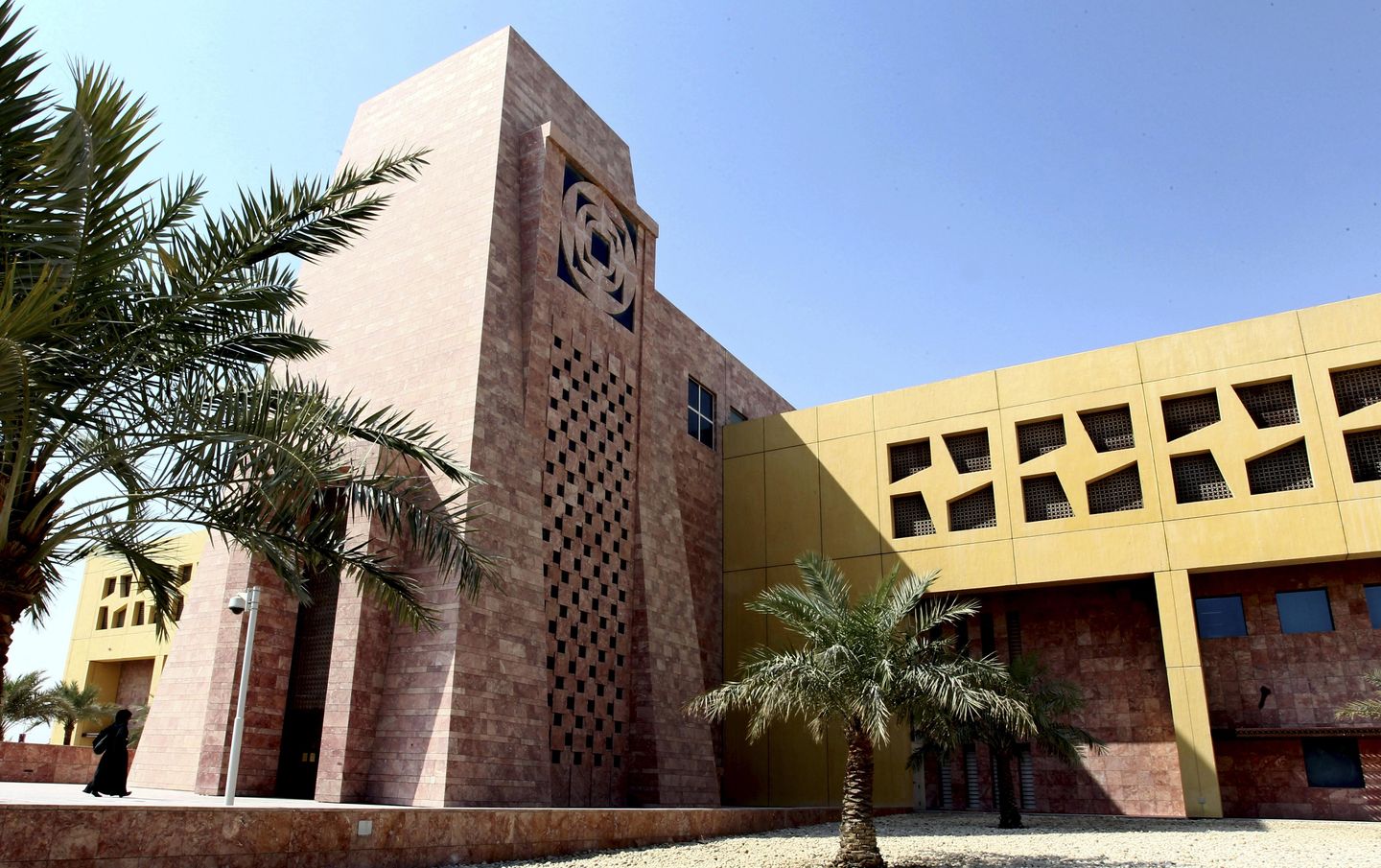
Texas A&M University will shutter its campus in Qatar by 2028, citing “heightened instability” in the Middle East while the school analyzes its presence in the oil-rich country.
“By the middle of the 21st century, the university will not necessarily need a campus infrastructure 8,000 miles away to support education and research collaborations,” Bill Mahomes, board chairman of the Texas A&M University System, said last week.
Texas A&M at Qatar (TAMUQ) opened in 2023 with a focus on education and research in chemical, electrical, mechanical, and petroleum engineering. It’s one of six U.S. universities in Qatar’s Education City. The country, which Washington considers an ally, hosts the largest U.S. military post in the Middle East — Al Udeid Air Base.
However, Texas A&M‘s presence in Qatar is a potential problem. The emirate provides a haven for leaders of the Hamas terror army and has pumped an estimated $1.8 billion into Hamas-run Gaza since 2007, according to the Foundation for Defense of Democracies think tank.
While it bears the name of Texas A&M, all campus operations at TAMUQ are paid for by the government-controlled Qatar Foundation, which released a statement criticizing the decision to shutter the operations, saying a disinformation campaign influenced university regents.
“It is deeply disappointing that a globally respected academic institution like Texas A&M University has fallen victim to such a campaign and allowed politics to infiltrate its decision-making processes,” the foundation said. “At no point did the board attempt to seek out the truth from Qatar Foundation before making this misguided decision.”
The Institute for the Study of Global Antisemitism and Policy, a Washington think tank, applauded the decision to close the Qatar campus. ISGAP said it was concerned that officials in Doha would gain full ownership of intellectual property from Qatari-funded work on the campus — including nuclear research with potential weapons applications.
“By reevaluating Texas A&M’s presence in Qatar, the board has demonstrated a commitment to academic integrity, ethical principles and national security concerns,” said Charles Asher Small, director of ISGAP. “This is an important statement affirming that there is no place in U.S. academia for billions of dollars coming from a state that supports and funds terror, and promotes and spreads the extremist Islamist ideology from the Muslim Brotherhood.”
Retired Air Force Gen. Mark Welsh, president of Texas A&M, said research at TAMUQ focuses on subjects such as energy, carbon capture and artificial intelligence.
“No nuclear technology, weapons/defense or national security research is conducted at this campus. Nor does the Qatar campus have any connection to nuclear reactor research done in Texas or the Los Alamos National Lab,” he said in a statement last month before the decision to close the Qatar campus was announced.
He added, “The insinuation that we are somehow leaking or compromising national security research data to anyone is both false and irresponsible.”
Texas A&M and the other universities in its system collaborate on research with about 30 other nations without operating separate campuses on foreign soil, Mr. Mahomes said.
“The work in Qatar is great work. But it is a fraction of what Texas A&M accomplishes year after year,” he said. “The university has numerous other ways to give international students opportunities to be Aggies and to give Aggies opportunities to study internationally.”
Students at the campus in Qatar will be able to complete their education, and Texas A&M officials said the doors won’t close until “faculty and staff are supported and research obligations are appropriately fulfilled.”
Northwestern, Carnegie Mellon, Georgetown, Virginia Commonwealth and Weill Cornell Medicine also have branch campuses in Qatar. It’s unknown whether they will follow Texas A&M in closing their operations there.












